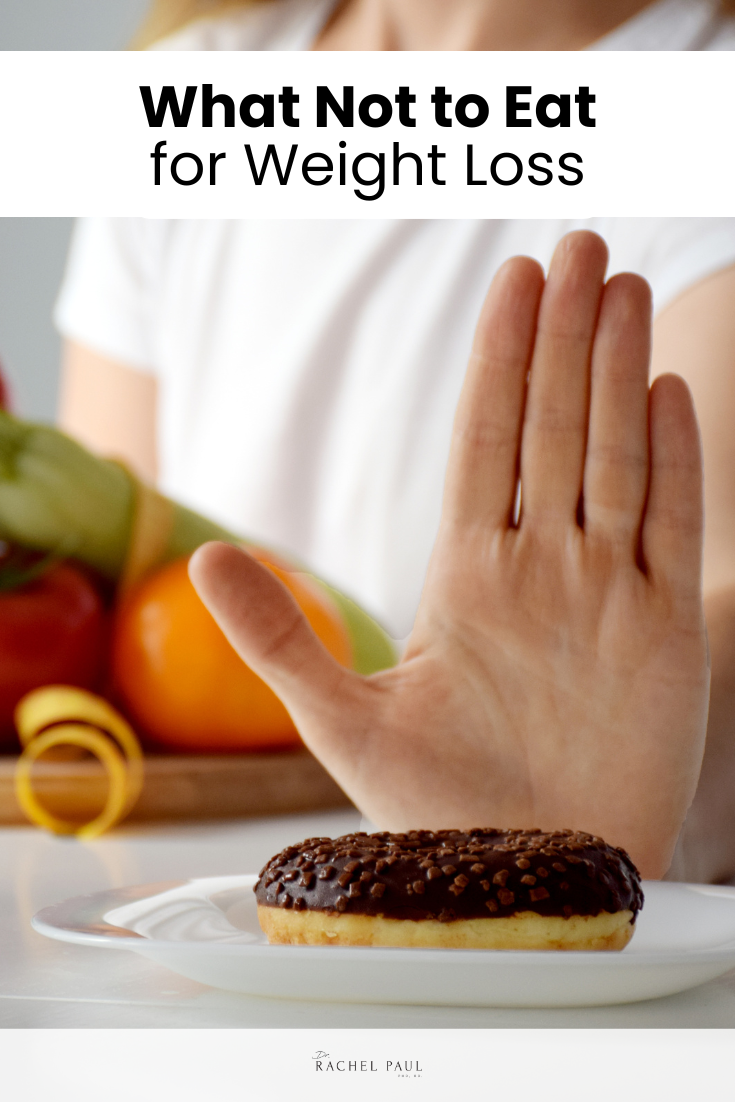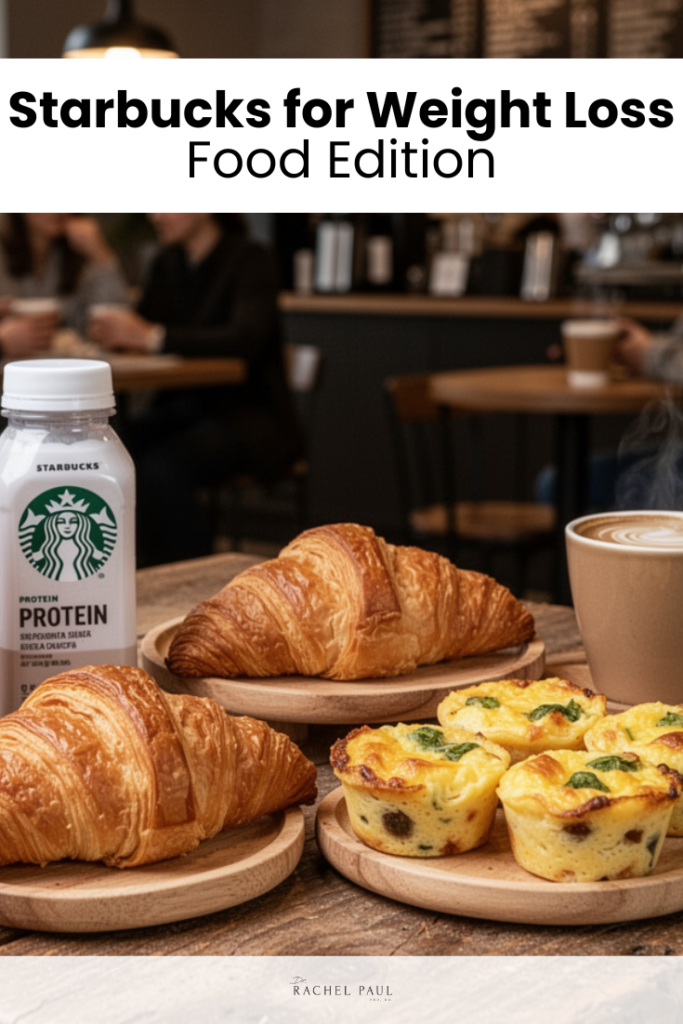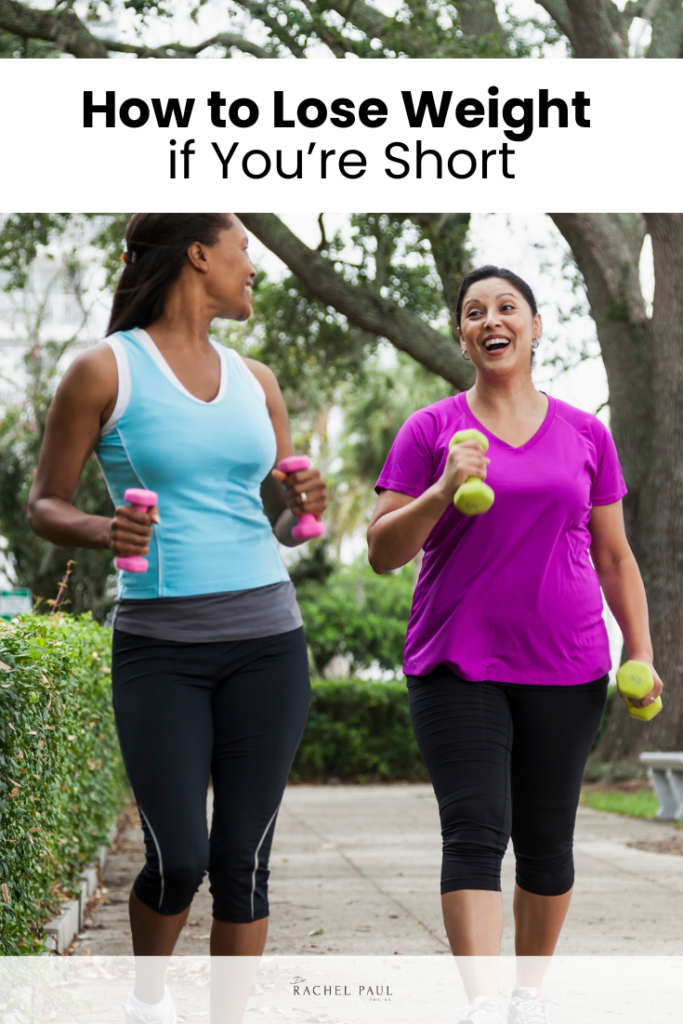Not all “diet” foods support real, lasting weight loss. In this post, we’ll walk through the foods you should and should not eat for weight loss and why. Of course you are free to choose any food you’d like – no food is completely off limits. If your goal is to feel full, satisfied, and make progress without frustration, these swaps will help.
These tips are for busy people who want practical, whole-food-based solutions that actually work.
What Not to Eat for Weight Loss
12 Foods Not Recommended for Optimal Weight Loss
These commonly marketed “healthy” or “low-calorie” foods can actually backfire.
They can leave you hungry, spike your blood sugar, or lack important nutrients your body needs for energy and weight loss.
Here’s what to avoid and what to choose instead
Fat-Free Cheese
Fat-free dairy saves a few calories but also removes essential nutrients and flavor. Without fat, it won’t keep you satisfied for long.
Instead: Choose full-fat cheese for better flavor, nutrient absorption, and satiety.
Example: 1 oz full-fat cheddar = ~110 calories, 7g protein
Protein Powders
Many protein powders are highly processed. They can contain heavy metals, artificial flavors, and fillers that do little for satiety.
Instead: Prioritize whole-food proteins like eggs, salmon, or beef.
Example: 2 hard-boiled eggs = ~140 calories, 12g protein
Protein Bars
Even “healthy” protein bars are often loaded with sugar, low-quality protein, and artificial ingredients. They rarely keep you full.
Instead: Choose real protein sources like string cheese, boiled eggs, or turkey slices.
Frozen Meals
Most frozen meals are low in protein and healthy fats but high in refined carbs and sodium. This combination leaves you hungry soon after eating.
Instead: Stock your freezer with frozen burger patties, frozen vegetables, and healthy oils like olive oil or avocado oil.
Only Lean Meats
Lean protein has its place, but skipping fat in animal products means missing important nutrients and lasting fullness.
Instead: Eat a variety of proteins like ground beef, salmon with skin, or whole eggs.
Rice Cakes (by themselves)
Rice cakes are light and crunchy but low in nutrients. Eaten alone, they can spike your blood sugar quickly.
Instead: Pair them with protein or healthy fat such as nut butter, turkey slices, or avocado.
Granola Bars
Most granola bars are packed with sugar, poor-quality oils, and refined grains. They are more like candy bars than a healthy snack.
Instead: Try beef jerky, hard-boiled eggs, or deli turkey for a protein-rich option.
Instant Oatmeal (eaten by itself)
Flavored instant oats are heavily processed and digest quickly, leading to an energy crash.
Instead: Use steel-cut oats and add fat or protein to slow digestion.
Example: ½ cup steel-cut oats + peanut butter = ~250–300 calories
Pre-Made Smoothies
Bottled smoothies often contain 40+ grams of sugar with little fiber or protein. They are more like dessert than a balanced meal.
Instead: Make your own at home with Greek yogurt, fruit, and peanut butter.
Instant Noodles
Most instant noodles contain refined carbs, unhealthy oils, and too much sodium.
Instead: Use rice noodles or shredded cabbage with eggs and beef for a nutrient-dense version.
Veggie Chips
Veggie chips are usually made from starches and powders rather than whole vegetables. They lack the fiber and nutrients of the real thing.
Instead: Snack on fresh vegetables with guacamole or hummus.
Cereal and Milk
Even whole-grain cereals are high in sugar and low in protein. This leads to hunger not long after breakfast.
Instead: Make a high-protein breakfast bowl with Greek yogurt, berries, and nuts.
Why Whole Foods Are Better for Weight Loss
Whole foods help you lose weight by keeping you full, reducing cravings, and supporting real-life habits. They have more nutrients, fewer additives, and give you more control over what you eat.
Compared to pre-made diet foods, whole foods:
- Are more filling and satisfying
- Have more vitamins, minerals, and fiber
- Avoid hidden sugars and additives
- Prevent blood sugar crashes
- Support long-term, realistic habits
Packaged meals or bars may help short-term, but whole foods are a better long-term solution for weight loss that lasts.
Avoiding overly processed diet foods can make a big difference. Focus on whole, real ingredients that satisfy and nourish your body. These swaps aren’t about perfection, they’re realistic tools that help you feel your best.
🎁 Want help choosing the right foods? Get my FREE product recommendations!


